
A decade ago yesterday, Apple launched the iTunes Music Store and changed how we buy music. For those of you too young to remember or so old to have forgotten, Microsoft and Apple engaged in an epic struggle to dominate the fledgling legal digital music market -- all while trading in ripped files soared, despite Napster's closure. You remember it, right?
I was all too glad to pay for music, if only given the opportunity, as clearly were others. iTunes Music Store launched with 200,000 tracks -- a gigantic number at the time -- from five labels: BMG, EMI, Sony Music Entertainment, Universal and Warner. Singles priced at 99 cents, albums at $9.99, hit the sweet spot for what consumers would pay, while undercutting physical media prices. Of course, the real competition was free, pirated stuff.
Apple sold 1 million songs the first week, and that with limited distribution (see last paragraph for more on that), showing that at least some people would pay rather than steal. Nine more days (May 14, 2003) and the number was 2 million.
In commemorating the 10-year anniversary, I look back to the commentary posted to my personal blog the day before the grand opening. I corrected one spelling error, otherwise it's verbatim. My objective is to give a sense of how I saw the service as it launched and to provide some historical context.
I remember being in one of my moods when penning this ditty, in the evening during non-work hours (there's no such thing in this decade). So there's a bit more edge than even my more cutting posts for BetaNews. With that introduction, here is post "One Bad Apple" in its entirety:
Apple is expected to launch a new online music service on April 28, 2003, that will work with a new version of the company's iTunes digital music software. Rumors are buzzing louder than a ruptured hornet's nest about the service. Most people believe Apple will make the new service available for Macs only. But I can't imagine Apple CEO Steve Jobs is that dumb. If he's smart, he'll release an iTunes version for Windows and make a bold move into the digital media market.
No other company on the planet has executed a better digital media strategy than Apple. Doing digital media on a Mac is much easier and more satisfying than on a Windows XP PC. Apple's iLife digital media suite is the best thing going for working with digital photos, music, movies or DVD burning. Too bad you need a Mac to get it. But a music service available for both platforms through iTunes would extend Apple's reach and give AOL Time Warner and Microsoft executives catastrophic heart failure. How many ways can you say, "Pushing up daisies?"
The executives over at AOL Time Warner sneeze and the company loses $50 billion. (Show me any successful AOL Tme Warner digital media product? You can't!) Microsoft's idea of digital media marketing is getting every hardware manufacturer on the planet to support Windows Media formats. Most computers come with a floppy drive or cars a cigarette lighter, but that doesn't mean most people use the gear. Get real, Microsoft.
Mr. Jobs has the right Hollywood connections, he's successfully courted record labels for his new service and rumor has it his company is even negotiating deals directly with music artists. Apple has the right relationships, right strategy and right technology to pull off a successful music service. Don't forget that Apple's iPod music player is the retail market share leader as measured in revenue, according to NPDTechworld.
If Apple executes as well on the music service as it has on Macs, the service should turn out to offer great music selections, reasonable prices, unsurpassed ease of use, delivery through one of the best digital music software packages available and portability on a great music player. The combination would be great for Apple, its shareholders, consumers and, more importantly, competition.
That's because Microsoft's idea of digital media is controlling file formats the way it uses them in Office to dominate productivity suites. (You knew there had to be a reason why your waffle maker supports Windows Media formats, right?) In Microsoft parlance, competition is a market where all the products are made by Bill Gates & Co. (Hey, you can choose from six different versions of Windows XP. Woo Hoo!) Microsoft is trying to establish its digital media format as the defacto standard through the aforementioned hardware partnership and also by creating what arguably is great digital rights management technology. Too bad, but the DRM only works with Windows Media file formats, folks.
Microsoft has given music labels a free tool kit (What's $500 million in unrecovered research and development costs between friends?) so they can make CDs with some content protected by Microsoft's DRM. It's a good Windows Media format proliferation technique, but music labels haven't been biting. The labels, which are uncertain about how to deal with online music file trading, appear frightened of a devil's deal with Microsoft. At the same time, Microsoft hasn't had a lot of luck with music downloads of copy-protected Windows Media Audio files.
Apple would like nothing better than to steer digital media toward open standards, such as MPEG-4. The consumer electronics industry, Hollywood and music labels generally have favored that approach. Apple's music service could be instrumental in providing a viable and attractive alternative to making a Windows Media format devil's deal. That would also ensure that Microsoft could not in the future choke the Mac out of being able to access or use digital media, which is driving new computer sales.
As for AOL Time Warner: I'll be the first person to admit I could use to knock off about 40 pounds. But AOL Time Warner is really huge! That company can't get off its fat ass to compete with lettuce. Until AOL Time Warner trims down some, that company is just going to continue sitting there picking its teeth and talking about digital media and online entertainment. But the company never does anything but add more weight, as in buying more digital media technologies, and staying sitting down on its even fatter ass doing nothing.
Now comes along svelte Apple, Hollywood ties, great technology, legendary stylishness and ease of use in tow. Would you buy music from Microsoft? Hey, don't yell at me for asking! But Apple's cool, right? You might buy music from Apple rather than searching for it on file trading sites, right?
Maybe the next Apple Records won't be the Beatles' label. If not, than I was wrong, Mr. Jobs isn't as smart as I thought and there will be no iTunes for Windows. But I'm never wrong, am I?
Apple did not launch with a Windows Store as I surmised. Mac-only was the price Steve Jobs paid to secure licensing deals to sell any music at all. Windows users didn't wait long, though, just until October 2003. What a difference they made. Five weeks before the launch, iTunes sales reached 9 million. Three months later (Dec. 15, 2003): 25 million.
Photo Credit: Joe Wilcox



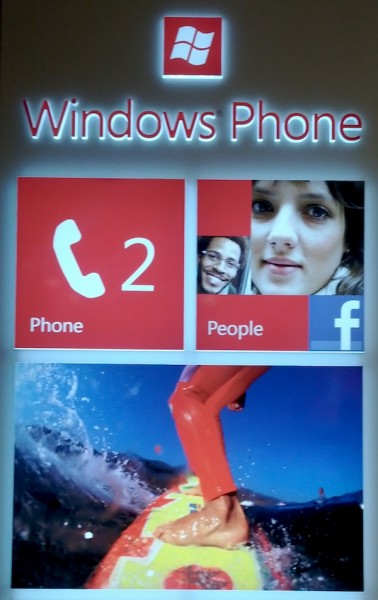 "Windows strength appears to be the ability to attract first time smartphone buyers, upgrading from a feature phone", Mary-Ann Parlato, Kantar Worldpanel ComTech analyst, says about the U.S. handset market for the three months ended in February. "Of those who changed their phone over the last year to a Windows smartphone, 52 percent had previously owned a feature phone".
"Windows strength appears to be the ability to attract first time smartphone buyers, upgrading from a feature phone", Mary-Ann Parlato, Kantar Worldpanel ComTech analyst, says about the U.S. handset market for the three months ended in February. "Of those who changed their phone over the last year to a Windows smartphone, 52 percent had previously owned a feature phone". 

 The first public beta of
The first public beta of 

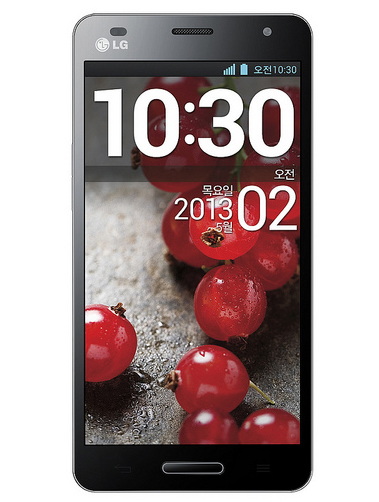 On Monday, South Korean manufacturer LG announced a new Android flagship smartphone called the Optimus GK. The handset shares its underpinnings with the previously-introduced
On Monday, South Korean manufacturer LG announced a new Android flagship smartphone called the Optimus GK. The handset shares its underpinnings with the previously-introduced  Little more than a month after the company
Little more than a month after the company  If you ever need to carry out a quick calculation or unit conversion then there are plenty of online resources which can help. And Google is a great place to start; just enter your calculation in the Search box and see what happens.
If you ever need to carry out a quick calculation or unit conversion then there are plenty of online resources which can help. And Google is a great place to start; just enter your calculation in the Search box and see what happens. If you’re not the mathematical type, don’t worry, there are plenty of more general tools available. Enter your birth date in the Birthday Calculator to see your age in months, weeks, days, hours and minutes, for instance. Dieters may appreciate the Body Mass Index and Basal Metabolic Rate calculators. There are practical calculators to help you figure out mortgage and lease repayments, compound interest and fuel consumption. And you even get tools which really aren’t calculators at all, though they’re still useful: a simple stopwatch, say, or a random password generator.
If you’re not the mathematical type, don’t worry, there are plenty of more general tools available. Enter your birth date in the Birthday Calculator to see your age in months, weeks, days, hours and minutes, for instance. Dieters may appreciate the Body Mass Index and Basal Metabolic Rate calculators. There are practical calculators to help you figure out mortgage and lease repayments, compound interest and fuel consumption. And you even get tools which really aren’t calculators at all, though they’re still useful: a simple stopwatch, say, or a random password generator.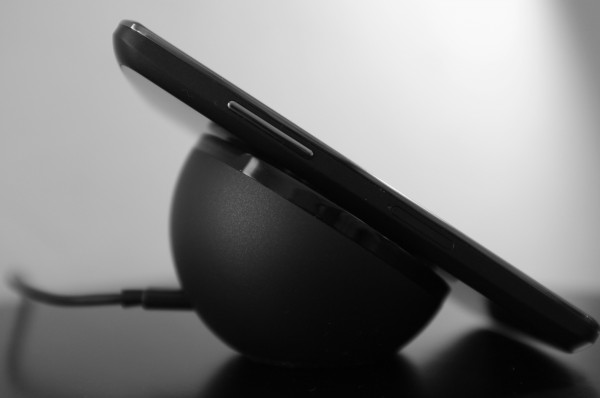
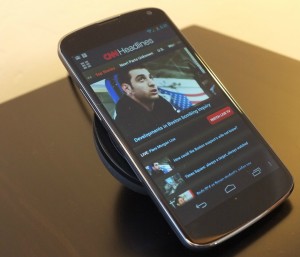 The half-orb nicely elevates the screen, so you can see notifications or easily answer calls with wired or wireless headphones. Two problems: Touching the phone can cause enough slippage to stop charging; the phone is otherwise inaccessible, because it can't be handled. When plugged into the wall, I can check Google+, respond to text messages or go through email -- all of which really needs me to pick up the phone. Voice activation is perhaps an alternative, but not something I tried for this review.
The half-orb nicely elevates the screen, so you can see notifications or easily answer calls with wired or wireless headphones. Two problems: Touching the phone can cause enough slippage to stop charging; the phone is otherwise inaccessible, because it can't be handled. When plugged into the wall, I can check Google+, respond to text messages or go through email -- all of which really needs me to pick up the phone. Voice activation is perhaps an alternative, but not something I tried for this review. Usually when I do a Q&A session with tech firms like
Usually when I do a Q&A session with tech firms like  If you’d like to keep an eye on your kids’ PC activities then you could pay big money for a full-strength parental controls package, with comprehensive monitoring tools, detailed reports and a whole lot more.
If you’d like to keep an eye on your kids’ PC activities then you could pay big money for a full-strength parental controls package, with comprehensive monitoring tools, detailed reports and a whole lot more.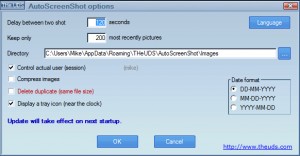 There are some technical irritations, too. If the program is running without a system tray icon, for instance, then you can’t access the Options dialog any more. To tweak any settings you have to manually edit its Options.ini file, or delete this and restart the process. This isn’t a critical issue -- there aren’t that many settings and you may never need to change any of them -- but it’s still annoying.
There are some technical irritations, too. If the program is running without a system tray icon, for instance, then you can’t access the Options dialog any more. To tweak any settings you have to manually edit its Options.ini file, or delete this and restart the process. This isn’t a critical issue -- there aren’t that many settings and you may never need to change any of them -- but it’s still annoying.
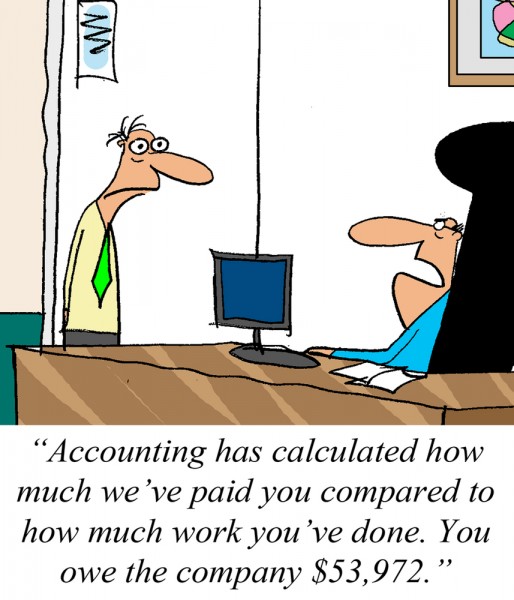
 Most photo editors have a few filters which can turn regular photos into instant works of art: an oil painting, say, or a pencil sketch. But if you’d like more -- or you just want the arty effects, without the photo editing overhead -- then
Most photo editors have a few filters which can turn regular photos into instant works of art: an oil painting, say, or a pencil sketch. But if you’d like more -- or you just want the arty effects, without the photo editing overhead -- then 
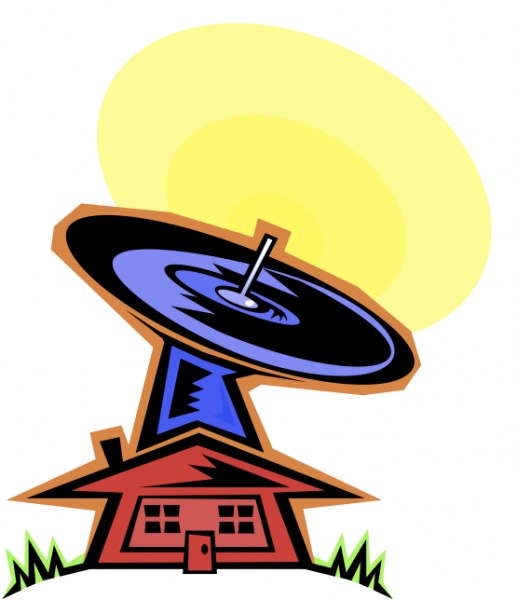 Cloud-based storage provider SpiderOak has released
Cloud-based storage provider SpiderOak has released